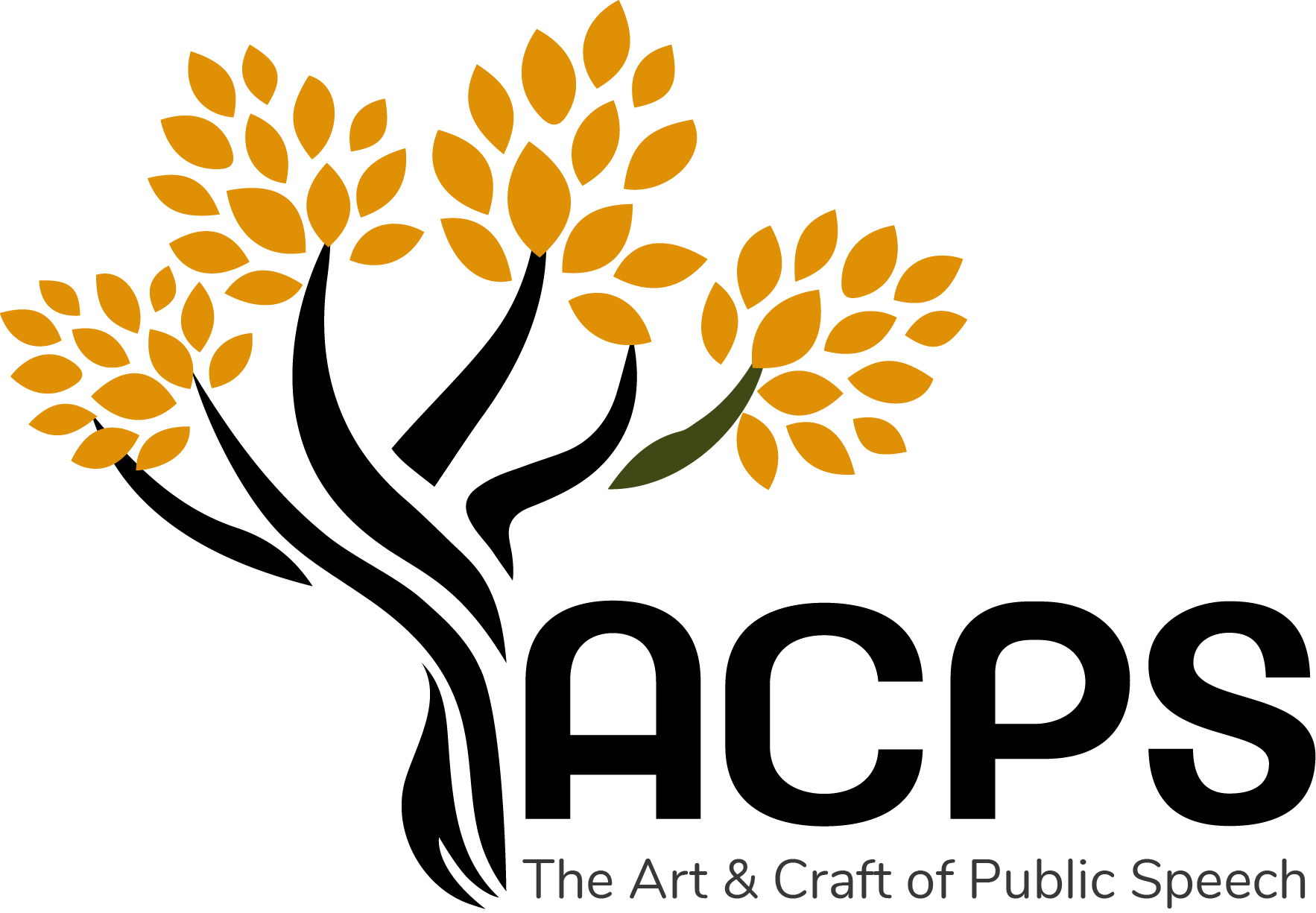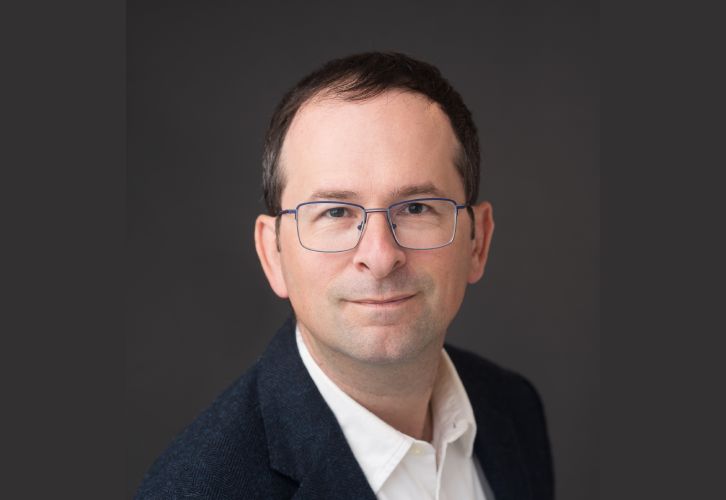The Art and Craft of Public Speech is a passion project, which is to say, a project founded upon a genuine passion to inspire people to communicate better than they ever believed possible.
The art of what we do is embedded in a genuine love for helping people improve. The craft is in twenty years of communication experience doing so at top universities and corporations across Japan, Canada and the United States.
Imagine receiving mentorship and guidance from a communications expert with decades of teaching experience, public speaking experience, but also for one who has written in national newspapers and magazines, written for and with corporate executives at national banks, top-rated Los Angeles advertising agencies and more.

The old adage suggests that those who can, do; and those who can’t, teach. It’s a misnomer for a number of reasons including, as Adam Grant points out in his NY Times article on the subject, that when he studied at Harvard, the Nobel Prize-winning experts invited to teach, often did a lousy job because they had no training or experience as teachers.
The old adage is also patently false because, as any parent can tell you, so much of what we do in guiding our children stems from teaching them what we learned and did ourselves. Any mother or father worth their salt, in other words, is a doer and a teacher both. As were Albert Einstein, J.R.R. Tolkien, and J. Robert Oppenheimer. To name a few.
When it comes to communication I have been doing and teaching for over 20 years with a graduate degree in Applied Linguistics and a teaching certificate from Cambridge. I’ve been coaching executives and giving talks in classrooms, lectures halls and at international conferences all my adult life. These are, without question, some of my great passions. I love to learn and once learned, for me the natural next step is to share with others what I have learned. Often the very best impetus to motivate us to speak. On that note…

Just a few year out of graduate school, I was teaching in what is known as a bridging program at The University of Toronto. This was an elite program designed for the very top Chinese students, with grades and English levels already strong enough to accept them into the U of T; thus this three-month summer program wasn’t teaching ESL (English as a Second Language) but rather it was an intensive set of courses to help these students learn to think critically and express their thoughts at the highest academic level.
The students spent half their time in reading/writing courses. The other half was with instructors like me who taught these young folk not only how to communicate with confidence in their seminar tutorials and give effective presentations in their classes, but also how to effectively listen in lectures. For this, the program had professors from across disciplines brought in to deliver guest lectures each week that we communication instructors would sit in on with the students to create tests assessing their ability to listen and take notes.
At the time, for my own interest, I was reading Malcolm Gladwell’s latest bestseller, Outliers, the book that made the 10,000-rule famous. The theory suggests that in all fields (math, arts, speech, language learning) it takes the same amount of hours to master a skill, and that even the most naturally gifted have to put in the hours, leading to the thesis of Gladwell’s book: hard work is in fact more important than natural talent. Nurture, in other words, trumps nature.
What could be more inspiring than a world-famous book telling people that anyone, no matter where they came from, can become great at something!
I was so jazzed by this that I created a one-hour lecture founded on Gladwell’s and others’ research. No one asked me to. No one paid me to. And although only tenured professors had to that date ever given a program-wide lecture to our students, I figured what did I have to lose. I approached my bosses with my topic and my passion for it and why I thought our students would benefit enormously.
Two weeks later I was up in behind the lectern in a massive lecture hall in front of hundreds of students and all my colleagues, giving a talk I entitled, “Broadening the Definition of Genius.” The talk was such a big success I was asked to give it the following year and have subsequently delivered it to hundreds of undergraduate and graduate students in my applied linguistics courses at York University.
Since the publication of Outliers, there has been pushback to the 10,000-hour rule. Gladwell himself notes in the book that practice is not enough. In our hobbies we all know that feeling of having plateaued and seeing how we aren’t getting any better, though we keep racking up the hours. This is where Gladwell calls for “deliberate” practice. To state what may seem obvious: it’s not enough to put in the hours, but rather the quality of those hours themselves.
But how do you do that? How do you practice at something so well that you can truly master it and not instead spin your wheels? Gladwell never provides an answer. Psychologist Daniel Goleman, however, in his book, Focus: The Hidden Driver of Excellence, does. He discusses the feedback loop and how the very best at what they do have teachers or mentor-experts who can guide them.
You need to put in the hours. But you also need guidance. You can hit that golf ball 10,000 times, but that doesn’t you don’t still have elements of your swing that need work. We often need someone to steer us right when we’re slightly off course.
Imagine one who has put in the time, both in his speaking and writing careers but also as an educator, as a mentor giving you the feedback you need so that the practice you put in helps you master speaking publicly, confidently, powerfully.